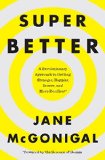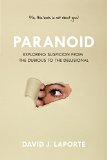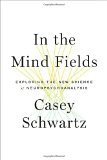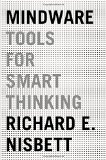new book – ‘Changing the Subject: Art and Attention in the Internet Age’ by Sven Birkerts
October 6, 2015
Changing the Subject: Art and Attention in the Internet Age by Sven Birkerts (Graywolf Press, 2015)
(kindle ed.), (amazon.co.uk), (UK kindle ed.)
Book description from the publisher:
Trenchant, expansive essays on the cultural consequences of ongoing, all-permeating technological innovation
In 1994, Sven Birkerts published The Gutenberg Elegies, his celebrated rallying cry to resist the oncoming digital advances, especially those that might affect the way we read literature and experience art–the very cultural activities that make us human.
After two decades of rampant change, Birkerts has allowed a degree of everyday digital technology into his life. He refuses to use a smartphone, but communicates via e-mail and spends some time reading online. In Changing the Subject, he examines the changes that he observes in himself and others–the distraction when reading on the screen; the loss of personal agency through reliance on GPS and one-stop information resources; an increasing acceptance of “hive” behaviors. “An unprecedented shift is underway,” he argues, and “this transformation is dramatically accelerated and more psychologically formative than any previous technological innovation.” He finds solace in engagement with art, particularly literature, and he brilliantly describes the countering energy available to us through acts of sustained attention, even as he worries that our increasingly mediated existences are not conducive to creativity.
It is impossible to read Changing the Subject without coming away with a renewed sense of what is lost by our wholesale acceptance of digital innovation and what is regained when we immerse ourselves in a good book.
Google Books preview:







